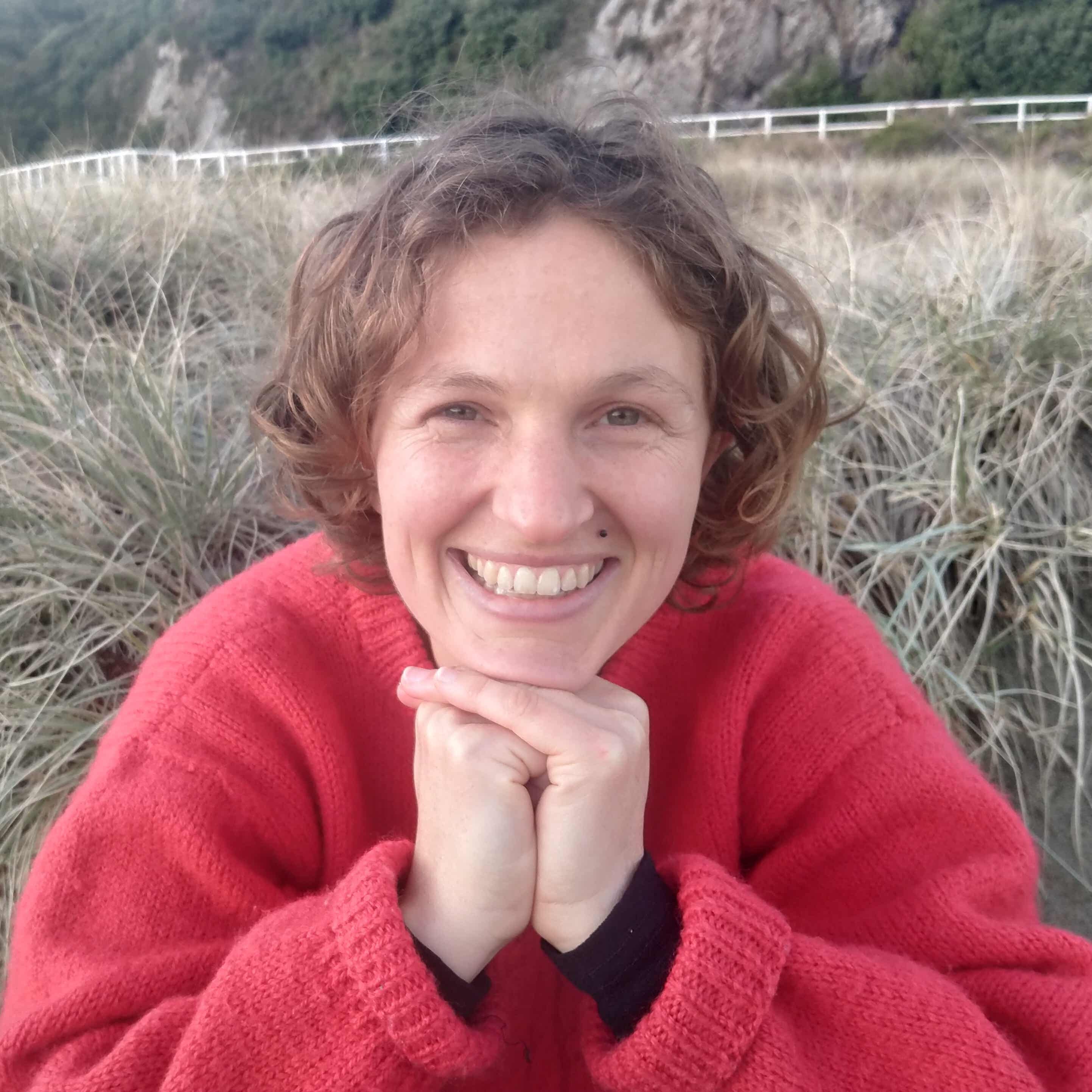How does business contribute to a degrowth future?
Description
Sometimes, in moments of lazy thinking, I’ve lumped business in with capitalism and assumed they’re both part of the cause of our environmental crisis. But Tur has spent his life working in business and he sees the value good companies can bring to their communities and the planet.
He describes a company as “a community of people trying to achieve something together” - not too unlike a sports team trying to win. In this conversation he describes the qualities of a good company (taking responsibility, looking after people and sharing the value it creates) compared to a bad company where everyone is looking after their own interests and money rules. He celebrates the qualities that good companies foster - ingenuity, hard work and pride - and he suggests we encourage and applaud good companies just like we do sports teams.
Tur spent his career helping companies that were on the brink of failure to get back on their feet and succeed (originally for the Development Finance Corporation and then with his own investment company). His job was to support the management through this recovery period - helping to clear the time and space they needed to understand the problem and figure out how to solve it. Although this was often an incredibly challenging time, there was also something incredibly exciting about it.
“It’s hard work but it creates an enormous amount of pride,” Tur says, “You find yourself part of close relationships. It creates trust and respect and generates so much value.”
Tur observes that the answer to companies surviving these “near-death experiences” was usually to get smaller and fairer - cut unnecessary costs, focus on core business, value relationships, share the load across the company and lower expectations till the business is back on track. It was hugely satisfying when it worked, which it often did.
Now that he’s retired, Tur has turned his attention to the macro scale and the relationship between our economic system and the climate crisis. He sees a strong parallel between the plight of humanity on planet earth and that of a failing company - we’ve over committed ourselves and need to consolidate, work together and make our whole enterprise smaller and fairer.
He doesn’t offer concrete answers but provides a way of thinking about the problem that is illuminating in itself. The conversation has given me a more nuanced and inspiring view of the role of business in navigating a safe path into the future.
Here are some links Tur refers to in the conversation:
* Tim Morgan’s Surplus Energy Economics Blog
* Susan Krumdieck’s Global Association for Transition Engineering
* Development Finance Corporation
This is a public episode. If you would like to discuss this with other subscribers or get access to bonus episodes, visit thegoodenergyproject.substack.com
More Episodes
Jessica is a kaupapa Māori researcher, author and advocate as well as being a farmer. She is the director and founding trustee of the Papawhakaritorito Charitable Trust which is all about decolonising our food systems and restoring indigenous food sovereignty. She lives with her wife Jo Smith...
Published 10/29/24
Published 10/29/24
When Simone Woodland dreamed up the idea of creating a co-housing village, she didn’t imagine she’d have to become a developer to make it happen. Simone moved to Aotearoa from the UK in 2018 as a Sir Edmund Hillary Fellow, on a visa programme specifically designed for social entrepreneurs like...
Published 08/26/24


